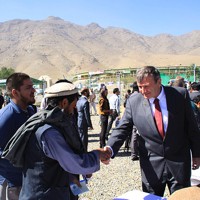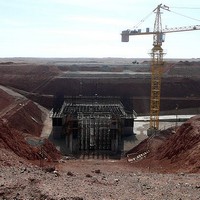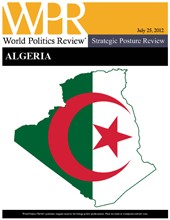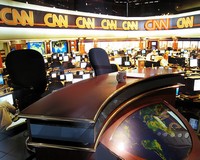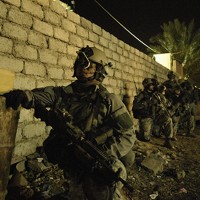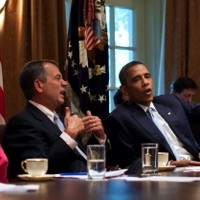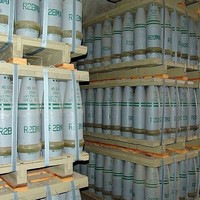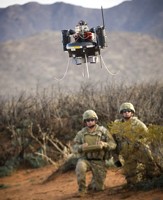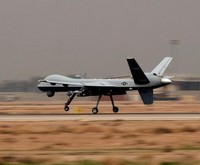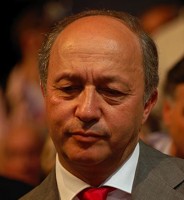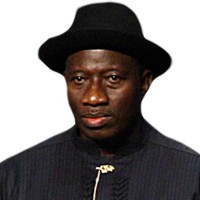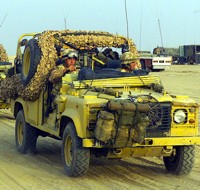
The British government revealed plans in early July to restructure the British army, including cutting the number of regular soldiers from 102,000 to 82,000 by 2020. In an email interview, Michael Codner, the director of the military sciences department at the Royal United Services Institute in London, discussed the U.K.’s defense cuts. WPR: What are the concrete consequences, in terms of force size and capabilities, of the defense cuts the U.K. has announced? Michael Codner: The cuts in the army, as well as to the Royal Marines, who were affected through the earlier 18 percent cuts to the navy, are […]

